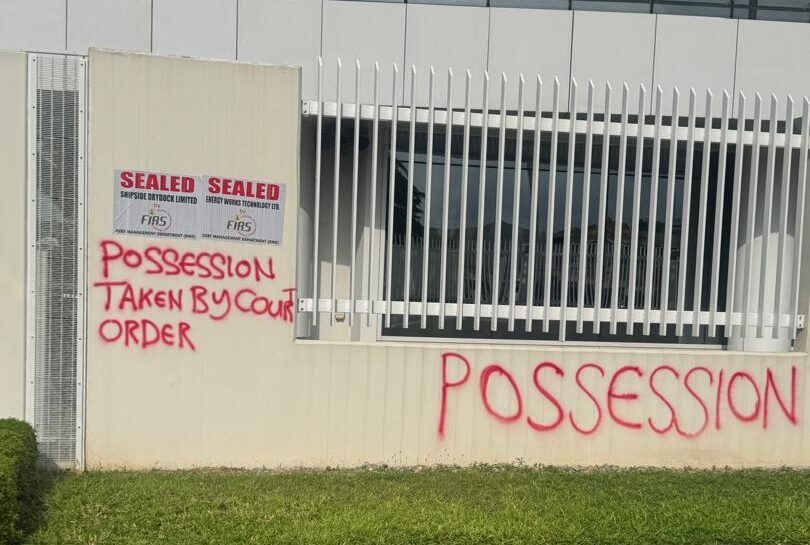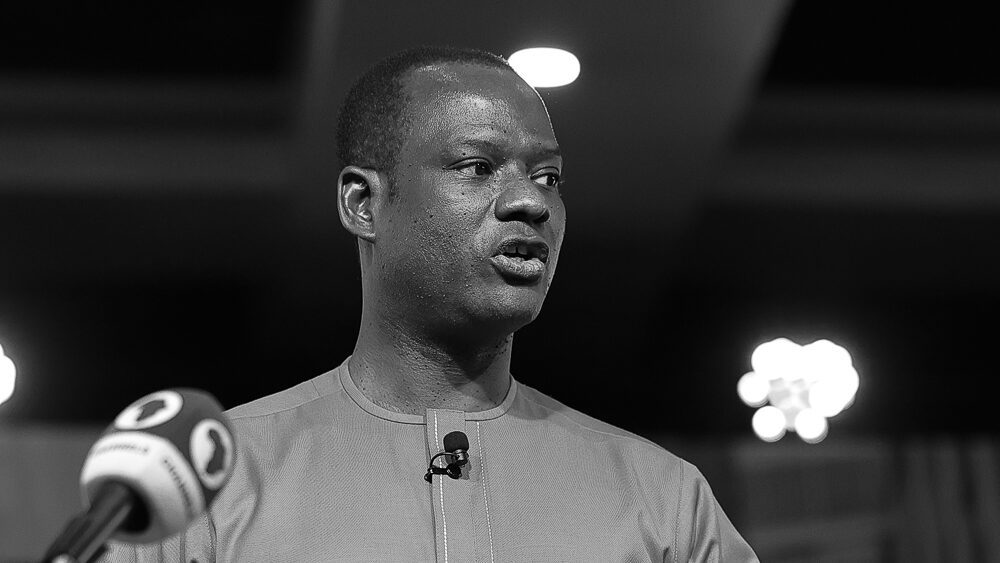Dike Onwuamaeze
The Lagos Chamber of Commerce and Industry (LCCI) has expressed concerns over the rising importation of livestock products that reached N4.46 trillion between 2020 and June 2025, having rose from N454.52 billion in 2020 to N1.49 trillion in 2024.
The LCCI said that Nigeria imported N815.03 billion worth of livestock products against an export of N51.57 billion in H1’25 and N1.49 trillion in 2024.
The LCCI expressed this concern in its quarterly review of the state of the economy where it attributed the trend to weak investment in domestic livestock production.
Referring to recent NBS data, the President of LCCI, Mr Gabriel Idahosa, said that “Nigeria imported N815.03 billion worth of livestock and related products in the first half of 2025, while exports stood at N51.57 billion, resulting in a N763.47 billion trade deficit.
It said, “Between 2020 and mid-2025, total livestock imports reached N4.46 trillion, up from N454.52 billion in 2020 to N1.49 trillion in 2024. These figures underscore Nigeria’s dependence on external supply to meet both domestic and industrial demand. We have the technical knowledge and skills, but we are not investing enough to boost the local economy.”
The LCCI also warned that the continued influx of cheaper foreign livestock products, often priced lower due to stronger foreign currencies and lower production costs, is undercutting local producers, reducing patronage, and forcing many small agribusinesses to shut down.
Idahosa said that “Nigeria’s weak production base mirrors structural inefficiencies. Average milk yield from local cows remains below 1.5 litres per day, while the country produces only about 600,000 metric tonnes of milk annually, against a demand exceeding 1 million tonnes. Consequently, Nigeria spends over $1.5 billion yearly on dairy imports according to the report from Federal Ministry of Livestock Development (FMLD).”
The LCCI also noted, “poor investment, weak infrastructure, insecurity, and policy inconsistency” have continued to constrain the livestock value chain. We urge the government and private stakeholders to scale up investment in modern ranching, feed systems, cold-chain logistics, and breeding infrastructure, and to set measurable targets, such as halving livestock imports within five years. The goal should not be import comfort, but export confidence. Nigeria should be exporting livestock and dairy derivatives across West Africa, not financing jobs and production abroad.”
The LCCI also expressed concern concern about the broader implications of the 4.0 per cent Free-on-Board (FOB) levy on exports, which it said would undermine export competitiveness of Nigeria export goods.
Idahosa said: “The LCCI remains concerned about the broader implications of the 4.0 per cent FOB levy on exports. The chamber had earlier expressed strong reservations regarding its introduction, noting that, although the government’s revenue mobilisation efforts are understandable, such levies can be counterproductive to export competitiveness and industrial growth.”
He added: “The levy significantly increases the cost burden on exporters particularly manufacturers and agro-allied producers, who already contend with high logistics, energy, and financing costs. This measure undermines Nigeria’s export competitiveness in both regional and global markets and runs contrary to the nation’s commitment to economic diversification through non-oil exports.
“Furthermore, the introduction of the 4.0 per cent FOB levy conflicts with ongoing trade facilitation reforms and export promotion incentives, creating uncertainty for investors and discouraging long-term commitments. Such policy inconsistencies could deter both local and foreign investments in export-oriented sectors.”
According to him, exporters, especially small and medium enterprises (SMEs) are already facing multiple taxes, levies, and regulatory charges across different levels of government.
“The imposition of an additional levy risks eroding profit margins, reducing production capacity, and leading to potential job losses,” he warned.
Idahosa, however, said that the chamber welcomed the exemption of manufacturers importing raw materials, machinery, and spare parts under the concessions provided in Chapters 98 and 99 of the Customs Tariff from the 4.0 per cent FOB levy recently introduced by the Nigeria Customs Service (NCS).
He said that this exemption from FOB Levy also covered government projects with duty exemption certificates, humanitarian imports, healthcare-related goods, and commercial airline spare parts.
The LCCI also noted that the Federation Account Allocation Committee (FAAC) in 2025 has disbursed a total aggregate of N16.6 trillion as at the end of September.
It noted that in August alone, the disbursement increased by 11.2 per cent to N2.23 trillion in August from N2.00 trillion in July 2025.
LCCI said: “We believe that the higher FAAC allocations will provide more fiscal space for federal, state, and local governments to meet recurrent and capital obligations such as salaries, pensions, and infrastructure projects.
“Also, the increased disbursement is expected to reduce government borrowing and increase investment in infrastructure and human capital thereby enhancing the economy’s productivity. As a result, we urge government at all levels to prioritise capital expenditure and avoid expanding recurrent costs.”






